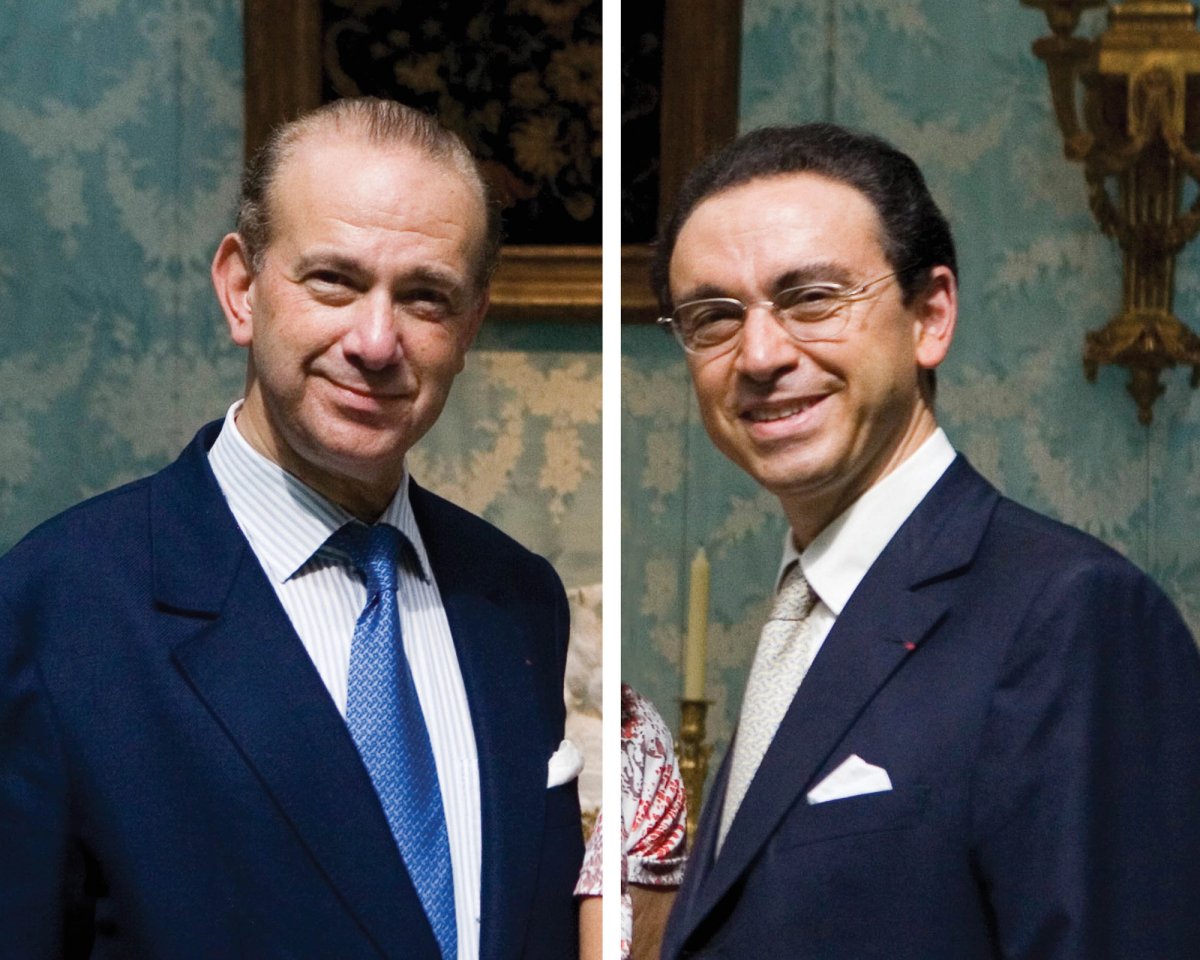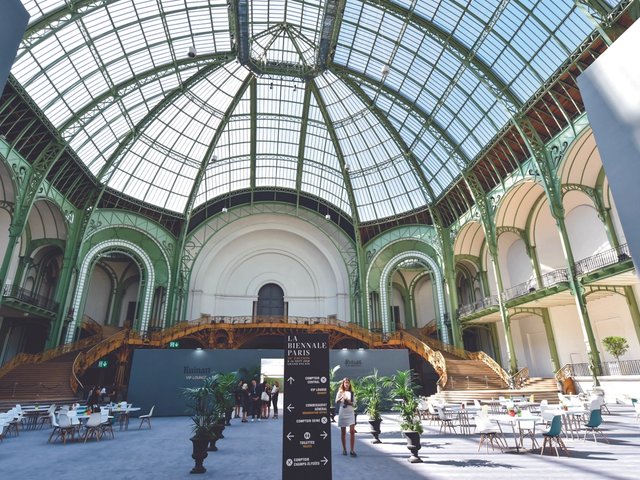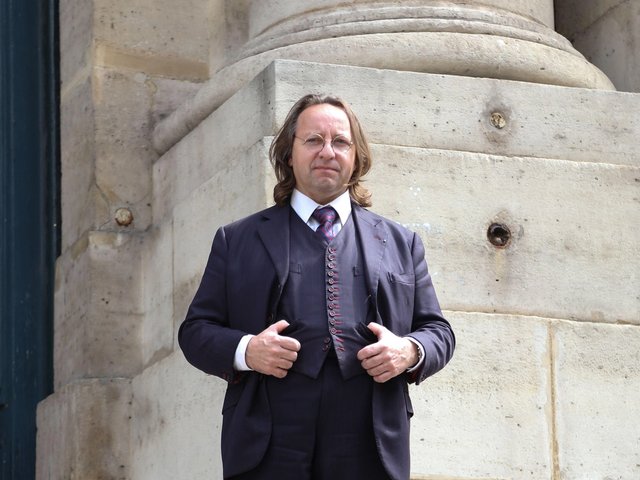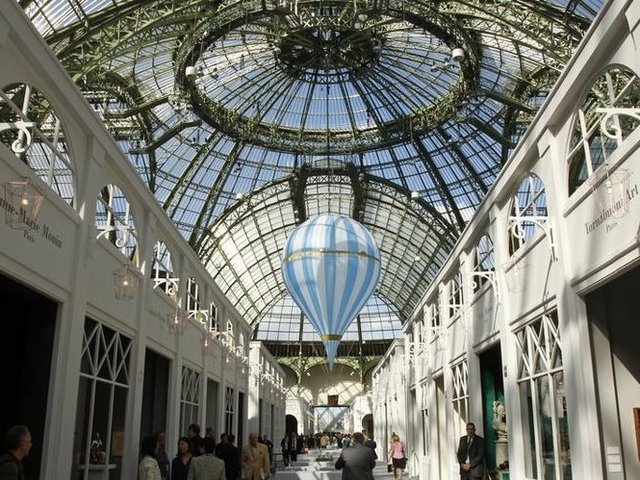Laurent and Olivier Kraemer, of Paris’s venerable Kraemer Gallery, are among a group of six dealers, experts and cabinet makers that have been charged with organised fraud and money laundering in a French court. The indictments—announced in January but only recently reported—mark the culmination of a multi-year investigation into allegedly fake Louis XIV furniture.
Others charged include: Jacques Poisson a retired cabinetmaker, and his wife Colette; Michel Rocaboy, a cabinetmaker who was the Poissons' sub-contractor, and Roland de l’Espée, a dealer and the former president of the French Friends of Versailles Society. All proclaim their innocence.
In 2016, the French art crime unit (OCBC) started an investigation into a rash of scandals that have rocked the antiques trade. The same year, Laurent Kraemer was charged in a separate criminal investigation regarding a series of fake chairs, most of which were sold to Versailles. Bill Pallot, a specialist in seated furniture at Didier Aaron & Cie (now run by Hervé Aaron), admitted fabricating around ten of them with Bruno Desnoues, a cabinetmaker employed by the château. Both spent four months in jail awaiting trial— a date has still not been fixed. In 2016, Aaron’s gallery was expelled from the Biennale des Antiquaires, and the Kraemers withdrew.
The new criminal procedure involving the Poissons’ workshop centres on around 20 suspect pieces offered for sale or sold to collectors in London, Monaco and New York. One of the civil parties, a Monaco-based Italian collector, has also begun a civil court action against the Kraemer Gallery over 13 pieces of Louis XIV and Louis XV furniture and objets d’art, purchased for €13.5m.
On 9 January, the Kraemer brothers were taken into police custody for two days, then charged by the judge overseeing the criminal investigation. They were later released on a bail of €4.5m and €1m respectively.
On 24 January, Roland de l’Espée was indicted for attempting to sell, for around €10m, a commode attributed to Alexandre Jean Oppenordt, and supposedly commissioned by the brother of Colbert, Louis XIV's prime minister. The criminal investigation opened on 19 December 2016 and led to the discovery of more suspect pieces, including a pair of Boulle cabinets, sold by the Kraemer Gallery in 1999 to Axa for an estimated €6m.
Jacques Poisson’s daughter, Marie-Helene, denies any involvement by her family, and says they “had never sold furniture” and “never had the means” to make such pieces. She says her father is not well enough to answer any questions.
Laurent Kraemer denounces “a judicial and media storm in a teacup, based on only one analysis”, which he contests. “There has been no judicial expertise for this investigation”, he says. The gallery says the case is a “settling of accounts” among dealers and suggests that the criminal procedure is essentially a financial matter. Payments of millions of euros led police to bank accounts in Switzerland and Singapore and off-shore companies. Also dismissing the suspicions of money laundering, the family claims to be the victim of a campaign aimed at undermining its reputation.





